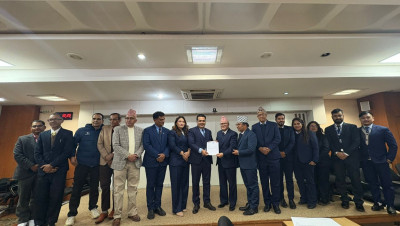Discussion with Stakeholders on Cholera Elimination Plan 2082–2087 Concludes
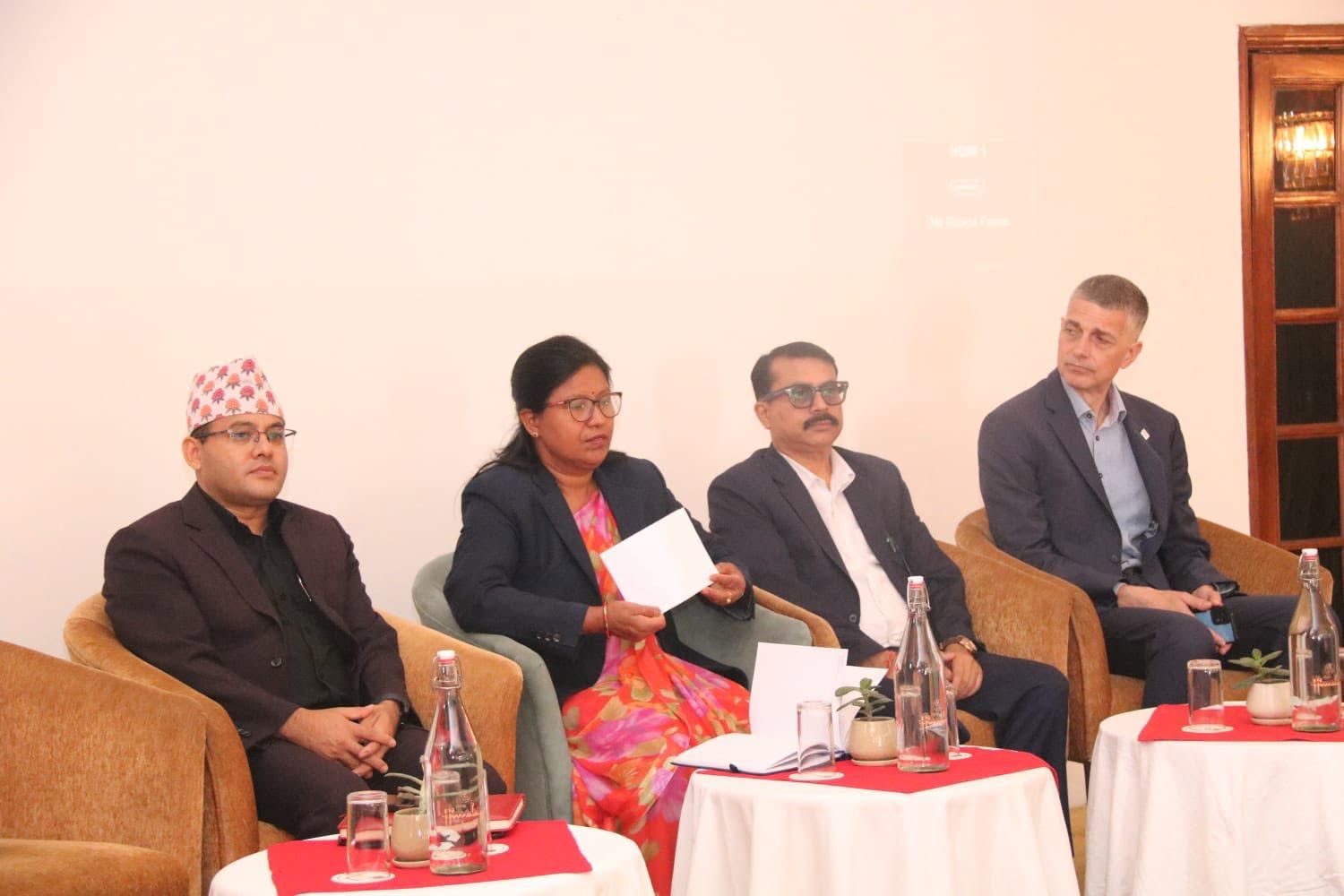
Kathmandu -The Ministry of Water Supply has begun taking active steps to eliminate cholera in Nepal. The ministry has been prioritizing safe water and sanitation through cooperation and coordination with various government and non-government organizations.
Acting Secretary of the Ministry of Water Supply, Engineer Meena Shrestha, stated that from the beginning, the ministry has been working in collaboration with multiple organizations to achieve the goal of cholera elimination in Nepal.
During a stakeholder consultation program organized by the ministry regarding the National Cholera Elimination Plan 2082–2087, in coordination with the Ministry of Health, she pointed out that unsafe and unhealthy drinking water, poor sanitation, and hygiene have significantly contributed to the spread of cholera. She emphasized that strengthening these areas is essential for cholera elimination.
She said, “Clean and safe drinking water, sanitation, and hygiene are the foundation of cholera elimination. It must be taken as a national priority.” She further stressed the need for joint efforts, policy reform, budget assurance, and public awareness campaigns to control and eliminate cholera in Nepal.
She also informed that the ministry plans to enhance emergency response systems, ensure safe water supply, and strengthen sanitation programs in cholera-affected areas in the near future.
Director General of the Department of Water Supply and Sewerage Management, Engineer Ram Kumar Shrestha, said that the government aims to make Nepal a cholera-free nation by 2030, and the development of necessary infrastructure, access to information, and service delivery at the grassroots level remain both challenges and opportunities.
He added, “Since the main contributors to cholera transmission are unsafe and unhealthy drinking water, sanitation, and hygiene, the development of these sectors must be treated as the foundation for cholera elimination.”
Program participant and CDE Yogendra Chitrakar from the ministry stated that cholera is included as the 7th disease in Nepal’s list of communicable diseases. As it is a waterborne disease, the Ministry of Water Supply plays a crucial role in ensuring safe drinking water, maintaining its quality, and managing sewage in Nepal’s federal system. This also contributes to achieving Sustainable Development Goals (SDG) 3 and 6.
According to him, the plan is divided into two phases: the first focusing on prevention, and the second on elimination. For the first time in Nepal, the plan includes the concept of classifying 22 high-risk districts as priority areas for multi-sectoral intervention (PAMI), which cover 48% of Nepal's total population.
Considering the global pandemic situation of cholera and its continuous outbreaks in Nepal since the 18th century, participants shared that while preparing the national plan in line with the Ministry of Health and Population's commitment, the perspectives of experts, stakeholders, and representatives from various sectors were included. The program was developed through collaboration with development partners, government and non-government organizations in the water supply and sanitation sector. Representatives from various concerned agencies were present at the event.
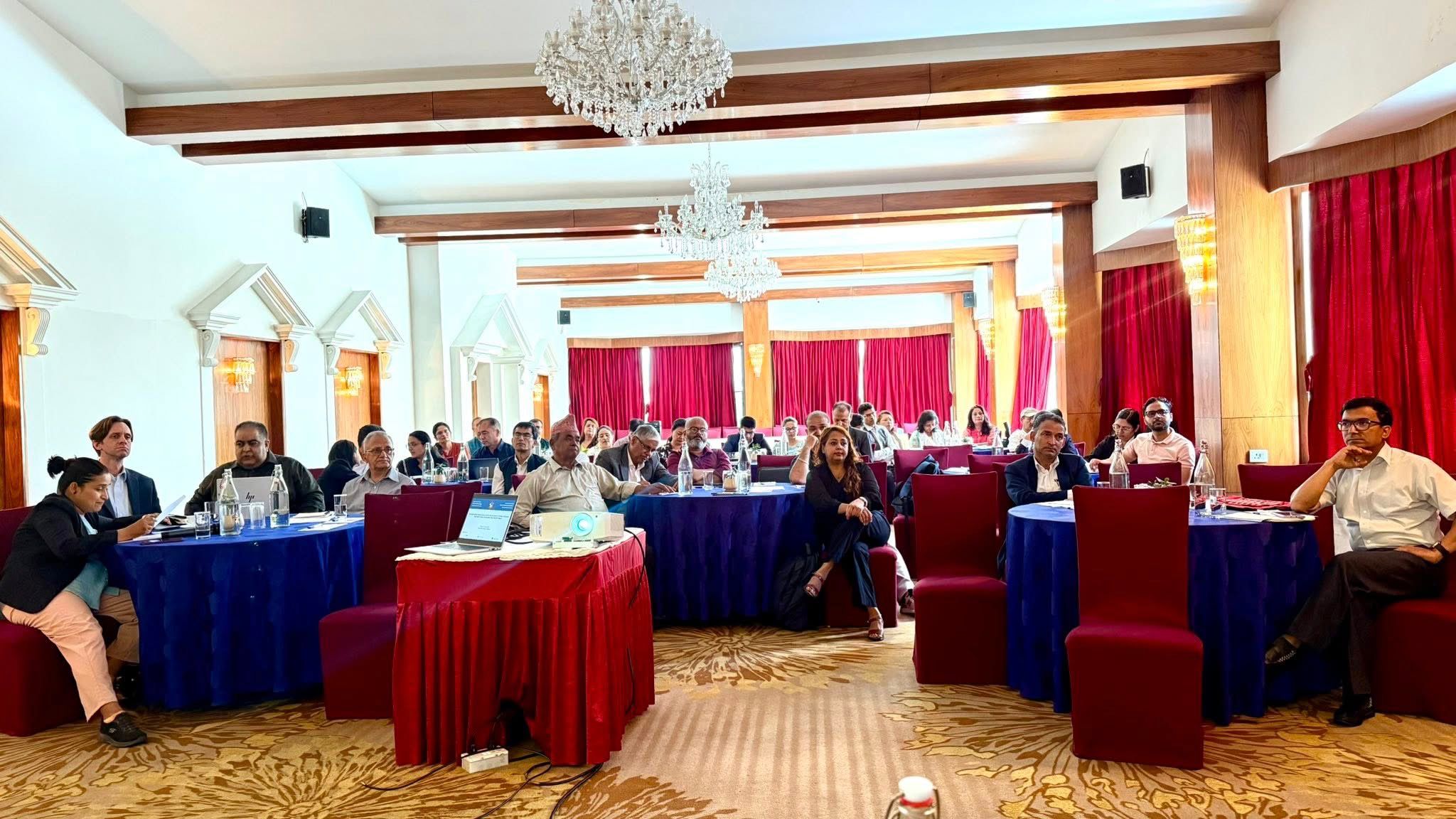
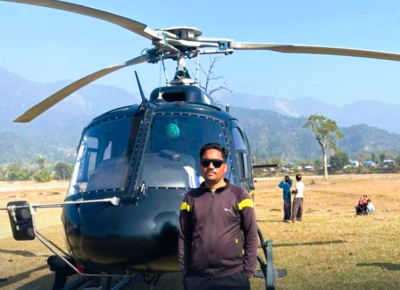
Helicopter from Jumla lands in Salyan due to bad weather
January 30, 2026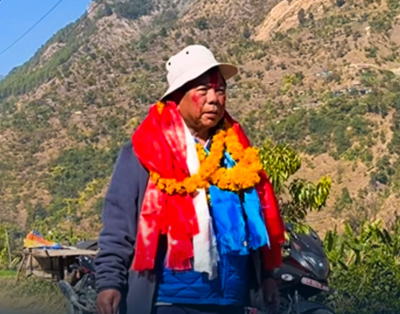
Mahabir Pun's Appeal to Voters: Do Not Sell Your Vote for Money
January 30, 2026
Helicopter from Jumla lands in Salyan due to bad weather
January 30, 2026-1769761552.jpeg)
NRNA Must Rise Above Personal Interests: Foreign Secretary Rai
January 30, 2026-1769761552.jpeg)


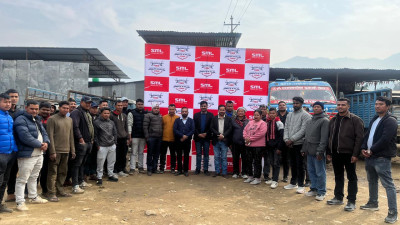
-1769665496.jpeg)


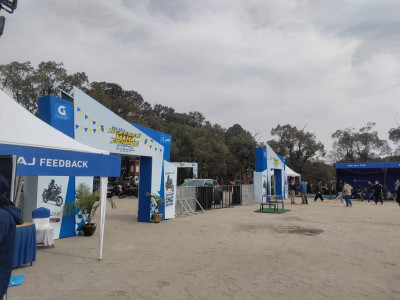
-1769407418.jpeg)
-1769770966.jpeg)
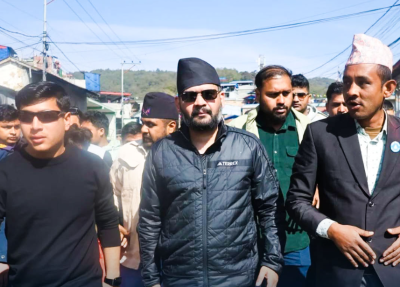
-1769760538.jpg)
